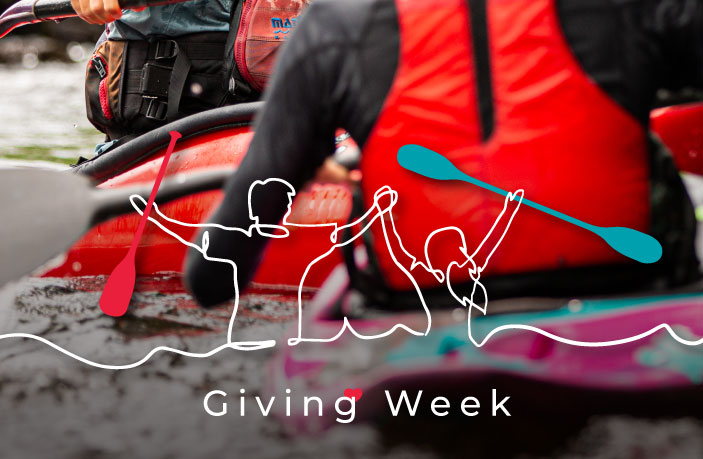The Historical Importance of Canoeing
The canoe was essential to the First Nations for millennia, specifically here, in what is now called the Madawaska Valley – home of the Algonquin and Anishnabek people. The canoe is the “ultimate expression of elegance and function.” It aided in their day-to-day lifestyle and became the primary method of transportation. Canoes also served as an identification method because the design and build of your canoe indicated your tribe.
In the early 1700s, the canoe was predominately built from white birch bark and designed to survive water conditions such as “rapid streams, lakes, and coastal waters.” The efficiency of the white birch bark canoe was undeniable as it reliably managed the rigorous task of early travel within the Canadian wilderness, and enabled indigenous people to carry ample amounts of goods and necessary supplies.
Alternatively, along the Northern Pacific Coast, canoes were skillfully handmade from hulky trees and were constructed into large boats. These boats were designed for war, trade, hunting great whales and were crafted to best suit smaller water channels and moderate creeks.
Indigenous trading networks were formed at this time and early settlers interested in fur trading (including European trappers) wanted in. Early settlers had trouble maneuvering in rapid and winding waterways due to the size of their boats, which sparked a keen interest in canoes created by the indigenous peoples. They purchased canoes from native builders and sought out native river guides for trading and comfortable travel. Later, “French craftsmen would follow up with their own interpretations, including internal wooden frames to provide structure and canvas exterior acting as a shell.”
The Development of Whitewater Canoeing
Now that you have a bit of background on the original use and history of canoes, let’s dive deep into how whitewater canoeing came to be!
From 1869–1871, a study of the Colorado River drainage system, overseen by John Wesley Powell, used wooden boats to journey on the drainage, and unknowingly years later “set precedents for commercial river running.” During the 1900s, paddling became recreationally popular and noticeably the canoe transitioned to leisure use.
In 1944, Grumman made floats for airplanes in the World Wars, and then post-war began to make canoes of the same aluminum which replaced the traditional wood design. Suddenly, canoes fit into youth camp budgets across the country, introducing thousands more folks to recreational canoeing. They were known for “being sturdier, lighter and stronger than their wood counterparts and had a considerable market share.” Another forty years later, the material used to design canoes and kayaks included fiberglass and aluminum, further advancing the make of these vessels.
In the 1960s and 1970s, the interest in commercial whitewater sporting activities increased as well as the number of commercial whitewater companies. Madawaska Kanu Centre opened our doors in 1972, after co-founder Hermann Kerckhoff competed in whitewater kayak slalom at the Munich Olympics.
Notable surges in popularity for whitewater sports included the first Slalom World Championships in 1949, the addition of Canoe Slalom as an introduction sport in the 1972 Munich Olympic Games, high-profile media appearances including the “Deliverance’ in 1972, and the introduction of the dry suit in the 1980’s, which extended the paddling season.
Today, whitewater paddling has become a full-fledged industry, with an estimated 14.8 million people recreationally participating in the sport. Whitewater canoeing, kayaking, rafting, as well as other forms of flotation, have become accessible ways to get outside and experience the rejuvenating effects of water and nature. We are so grateful that whitewater is such a big part of our everyday life, and that we get to call the river our home.
Written By: Naomi Adowaa
Check out our 5 day Whitewater Canoeing Course
___________________
Sources:
- https://www.canadianicons.ca/collections/canoe
- https://www.raftmw.com/history-of-whitewater-paddling-mountain-whitewater/
- https://www.drybags.com/the-origins-of-whitewater-kayaking-a-timeline-2/
- https://www.canoeicf.com/disciplines/canoe-slalom#:~:text=The%20first%20Slalom%20World%20Championships,categories%20contested%20annually%20since%202012.
- https://en.wikipedia.org/wiki/Grumman




